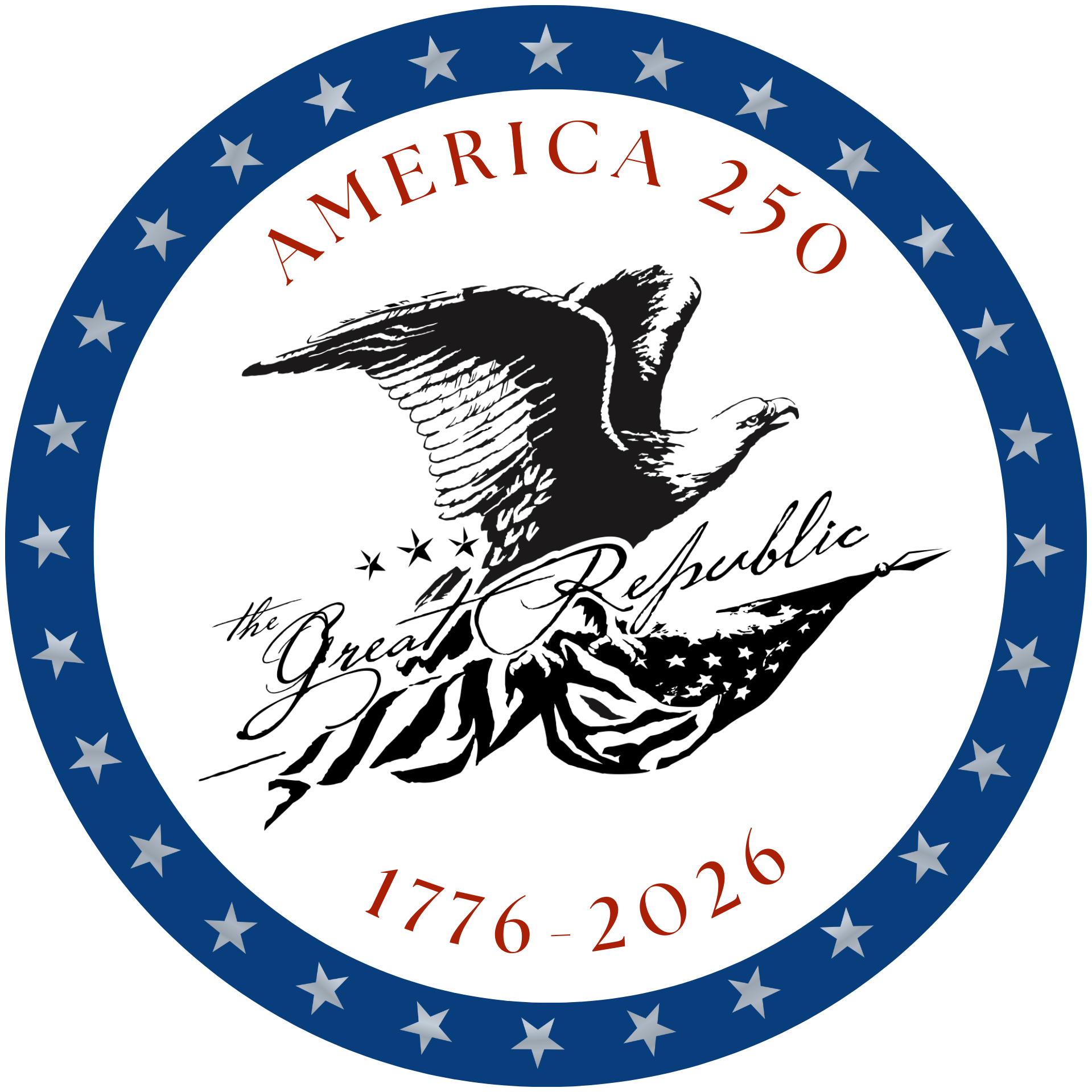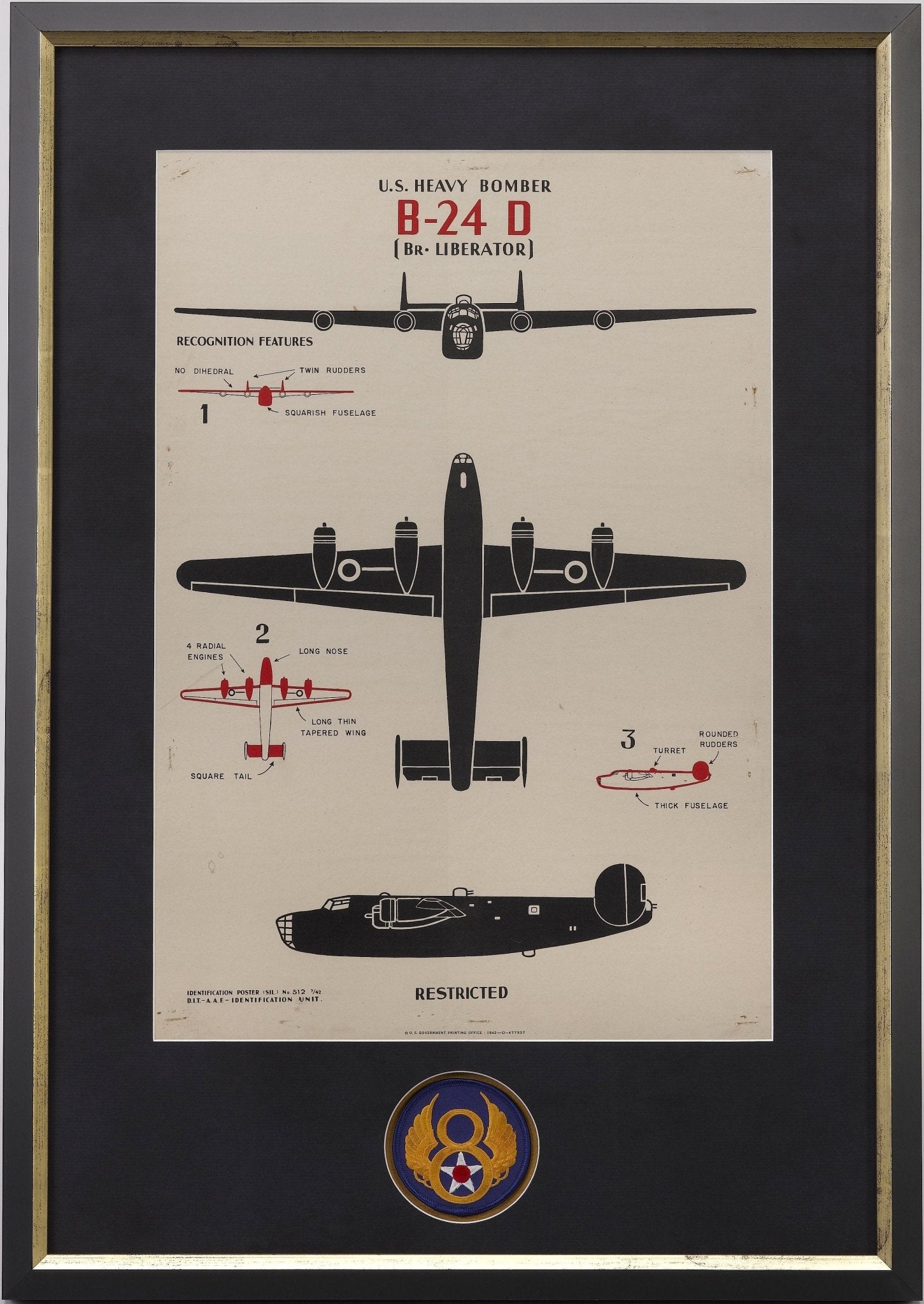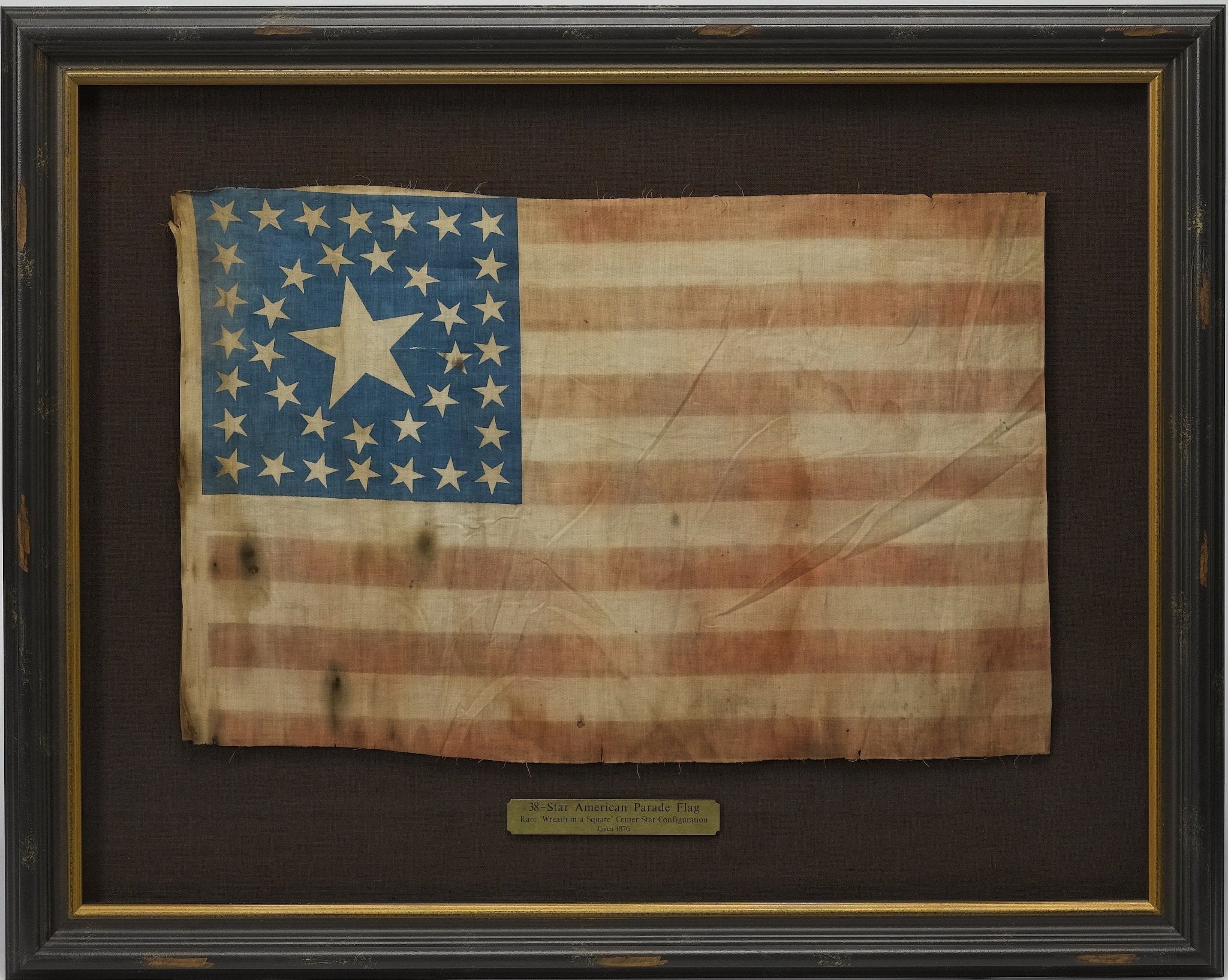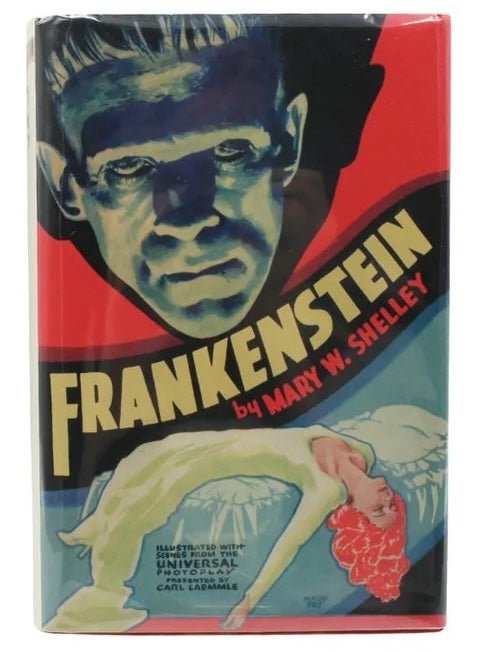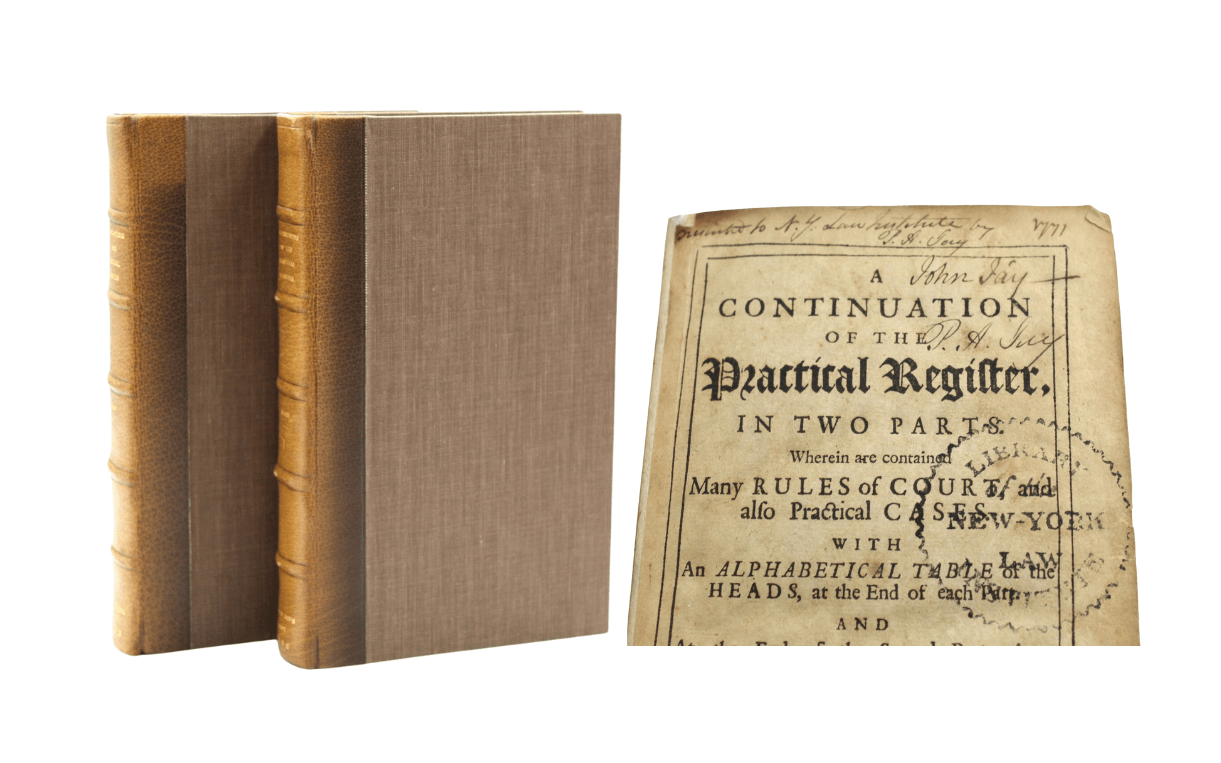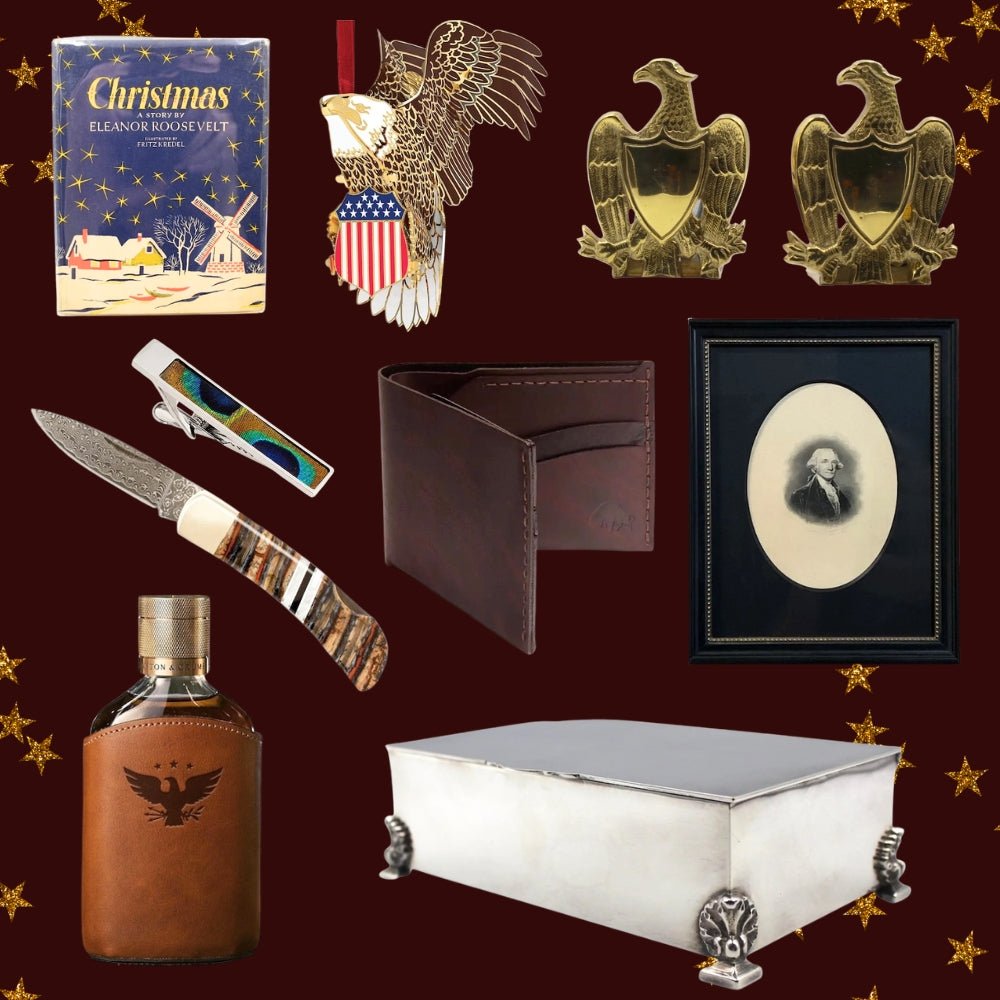How Washington Made a Name for Himself
George Washington’s name was known among the prominent circles in America and Great Britain, even before the Revolutionary War. But how was he so famous? It all goes back to his first solo mission that helped spark the French and Indian War.
George Washington earned his position as Commander in Chief of the Continental Army due to his exceptional role in the French and Indian War (also called the Seven Years’ War). However, the Father of America never would have gotten to play such a pivotal role if it hadn’t been for his volunteer mission to prove French intention to invade disputed territory.
By 1750 the British and French were already disputing over territories, most notably the Ohio Territory (or Ohio Country). As the British expanded westward, the French expanded south from Canada and both groups disputed with local Native American tribes such as the Shawnee. Full of rich resources and river access, Ohio was important for further expansion, but also as protection for existing British colonies. The disputed territory expanded all the way to the borders of what was then Virginia. In 1753, before any conflict erupted, the Governor of Virginia Robert Dinwiddie, was convinced armed conflict was inevitable and sought to convince the British and the colonists of the French threat. While the House of Burgesses refused to fund an armed expeditionary force to confront the French commander, after King George II gave the colonial governors the power to resist the French expansion, they did approve of a single emissary instead.
At that time, George Washington was a Major stationed in the South region charged with training militia. His older brother previously held the title of Major and after he died of tuberculosis, George assumed the position, as was a common practice of the era. With no military experience, the 20-year-old George jumped at the opportunity to ingratiate himself with the governor and traveled to Williamsburg, VA in October 1753 to volunteer as the emissary. From October 31, 1753 to January 16, 1754, the now 21-year-old Washington embarked on his mission to deliver a letter to the French Commandant demanding their withdrawal from the Ohio Country. After the 900-mile mission was complete, he returned to Dinwiddie with not only the Commandant’s letter of refusal, but also his full report of the mission detailing his geographical surveys, comments on military preparedness, and his experiences with Native American peoples he encountered and worked with along the way. Dinwiddie published the report immediately to prove to the colonists and the British leaders that the French armies were aiming and prepared to take the desired Ohio territory.
The Journal of Major George Washington, 1865 Limited Edition with Folding Map
Washington published journal raised the alarm and provided the colonies and Great Britain the necessary reasons to begin arming themselves to engage with French troops. George Washington was promoted to Lieutenant General and given command over troops along the western borders. This position gave George early experience with the difficulty of raising an army as well as supplying it. That very experience proved crucial to the American Revolutionary War. Thanks to the inexperienced Washington’s ambition, his courage as a young officer, and the subsequent positions in the French and Indian War, George Washington made a name for himself and was well prepared to lead the American Army against the world’s most formidable military.
